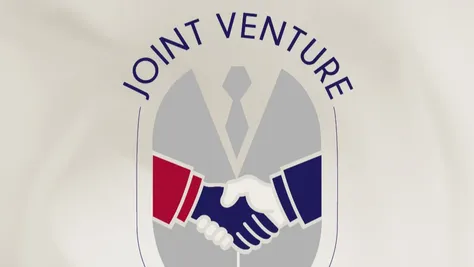ESOPs are often fraught with various myths and ensuing concerns, which we have decided to debunk. In the first part of a new series from the world of employee stock ownership plans (ESOPs) with the subtitle “myths”, we will take a look at one of the most common ones. That myth involves the concern of the parties involved about becoming overwhelmed by the new demands and obligations that may arise with the introduction of the ESOP, as well as the overall complexity of implementing and monitoring the plan.
It is true that the topic of ESOPs is very broad and complex. There are a number of options on how to approach the issue of motivating managers through an ESOP. This may make the whole issue seem overly complex.
In reality, however, the comprehensive and already substantial historical experience with ESOPs offers a diverse range of possibilities not only in terms of the intensity of the incentive element, but also in terms of their complexity.
Thus, if an ESOP gives rise to concerns regarding the complexity of the plan, or the impossibility of grasping (and often indeed understanding) them correctly, or even an excess of new obligations and criteria to follow and monitor, such concerns are unnecessary.
Large diversity of ESOPs
We have already mentioned (not only in this article, but also across the Lex ESOP series) that there are a number of variations of ESOPs that offer a variety of benefits with legal, economic and tax implications. The founders themselves (and even more so the managers) may therefore often not know the details of the different options at the beginning. Given the stability and historical rootedness of ESOPs, it will generally be the case that over the last 100 years or so, someone has already come up with a solution that will suit their situation.
The apparent disadvantage of the complexity and diversity of ESOPs is, on the contrary, one of its greatest advantages when properly handled.
In fact, some ESOPs are quite simple and do not require any complicated changes to the current setup of the relationship between the manager, the company and its shareholders. It is possible that the incentive component will be concentrated in a simple provision incorporated into an existing service agreement. For some, however, such a solution may not be sufficient in terms of its motivational function.
In that case, a more robust solution can be found, e.g. through debtor equity securities (typically management shares). However, even such solutions should not introduce any major complications into an existing well-working status quo. A well set up ESOP is easy and understandable for all parties. Your legal adviser should also be able to help you to understand this topic.
How we successfully debunk this myth in practice
Within our extensive experience and thanks to our extensive know-how, we can choose, explain and implement the entire ESOP effectively and seamlessly, and also manage and review its individual implementation phases in the future. During implementation, we are able to ensure the desired impacts not only in the legal area, but also in the tax, economic and accounting areas.
Based on our experience we know which solutions are viable, and which suggestions are more like buzz words circulated among those interested in ESOPs, with no substantive content and without the ability to meet the desired objectives.
We are accustomed to perceiving the implementation of an ESOP as a new crucial phase in the life of the corporation, and we approach it with awareness of its importance. From the very beginning, we are a partner to our clients, explaining the advantages and disadvantages of each option, moderating the debate on the right choice of the plan, and helping to present the outcome to the managers who will participate in the plan.
Of course, we also subsequently implement the plans. Our partnership on the project does not necessarily have to end there. We can further review the ESOPs and their implementation, suggest modifications in light of initial experiences, and ensure that none of the obligations under the new plan is missed by any of the parties.









